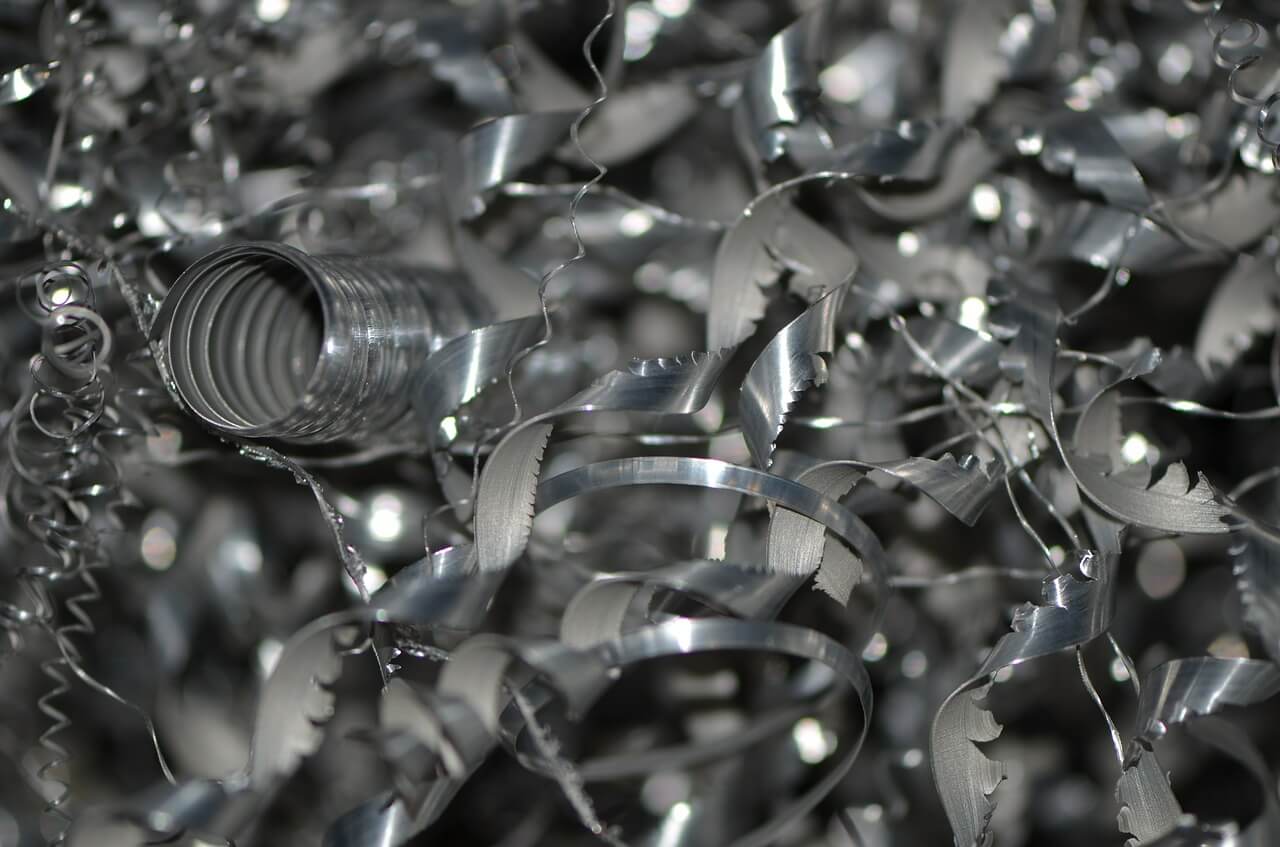
Metal
Metal detecting is a fun and rewarding hobby that can be enjoyed by people of all ages and skill levels. It’s a great way to get outdoors, explore new places, and discover hidden treasures.
New Zealand is a treasure trove for metal detectors, with a rich history dating back to the Polynesian settlers and the early European explorers. There are countless hidden treasures to be found in the country’s beaches, rivers, forests, and goldfields.
If you’re new to metal detecting, there are a few things you need to know before you get started. First, you need to choose the right metal detector as there are different types of metal detectors available, so it’s important to do your research and choose one that is right for your needs and budget.
Once you have a metal detector, you have to learn how to use it properly. This includes understanding how to adjust the settings and how to interpret the signals that the detector emits. There are many resources available to help you learn how to use a metal detector, including books, websites, and even metal detecting clubs.
Once you’re ready to start metal detecting, there are a few things you should keep in mind. First, it’s essential to be respectful of the environment and to leave no trace behind. Second, you should always get permission before metal detecting on private property.
Here are some tips for metal detecting in New Zealand:
- Select the right location. Not all locations are created equal when it comes to metal detecting. Some of the best places to look include beaches, rivers, forests, and goldfields.
- Be patient. It takes time and practice to become a successful metal detectorist. Don’t get discouraged if you don’t find anything right away.
- Learn about the history of the area where you’re detecting. This will help you to narrow down your search and to identify potential hotspots.
- Use various detection techniques. There is no one-size-fits-all approach to metal detecting. Experiment with different techniques to see what works best for you.
- Be respectful of the environment and of other people. Leave no trace behind, and always get permission before metal detecting on private property.
Where to go metal detecting in New Zealand.
There are many great places to go metal detecting in New Zealand. Here are a few suggestions:
Beaches: New Zealand’s beaches are a great place to look for coins, jewelry, and other lost items. Be sure to check the tide tables before you go, as the best time to detect is usually at low tide.
Rivers: New Zealand’s rivers are another great place to look for gold and other precious metals. Be sure to check the local regulations before you go, as some areas are restricted to recreational gold mining.
Forests: New Zealand’s forests are a great place to look for lost relics and artifacts. Be sure to be respectful of the environment and to leave no trace behind.
Goldfields: New Zealand has a rich history of gold mining. There are many abandoned goldfields throughout the country where you can try your luck at finding gold. Be sure to check the local regulations before you go, as some areas are restricted to recreational gold mining.
Metal detecting equipment rental.
If you’re new to metal detecting, or if you would rather not invest in your own metal detector, you can rent one from several different companies in New Zealand. Some of the most popular companies include: Kennards Hire, Tool Hire, Hirepool and Rental HQ.
Metal detecting hire companies in NZ
If you’re looking to hire a metal detectorist to help you find hidden treasures, there are several different companies in New Zealand that offer this service, including hire and training. Some of the most popular companies include:
- Metal Detecting NZ
- The Treasure Hunter
- The Metal Detecting Company
What kind of metal detecting equipment do I need?
The basic equipment you require for metal detecting includes a metal detector, headphones, and a digging tool. You may also want to consider getting a carrying case for your metal detector and a pinpointer to help you locate targets more precisely.
What are the different types of metal detectors?
There are two main types of metal detectors: very low frequency (VLF) and pulse induction (PI). VLF detectors are the most common type of metal detector and are good for all-around use. PI detectors are better at detecting gold and other precious metals in deep ground.
How much does metal detecting equipment cost?
The cost of metal detecting equipment can vary widely, depending on the type of detector and the features you want. Basic VLF detectors can be purchased for around $200, while high-end PI detectors can cost over $1,000.
Where to buy metal detecting equipment
You can buy metal detecting equipment from many different places, including online retailers, sporting goods stores, and specialty metal detecting shops.
Metal detecting tips for beginners
Here are a few tips for beginners:
- Start by practicing in an area where you know there are metal objects, such as a park or beach.
- Learn how to adjust the settings on your metal detector.
- Practice swinging your metal detector in a regular pattern.
- Listen carefully for the signal that your metal detector emits when it detects metal.
- Be patient and don’t get discouraged if you don’t find anything right away.
Metal detecting safety tips.
- Here are a few safety tips for metal detecting:
- Always be aware of your surroundings and be careful not to trip or fall.
- Be careful when digging for targets, especially in areas where there may be buried electrical lines or other hazards.
- Fill in any holes that you dig.
- Be respectful of the environment and of other people.
Conclusion
Metal detecting is a fun and rewarding hobby that can be enjoyed by people of all ages and skill levels. It’s a great way to get outdoors, explore new places, and discover hidden treasures.






